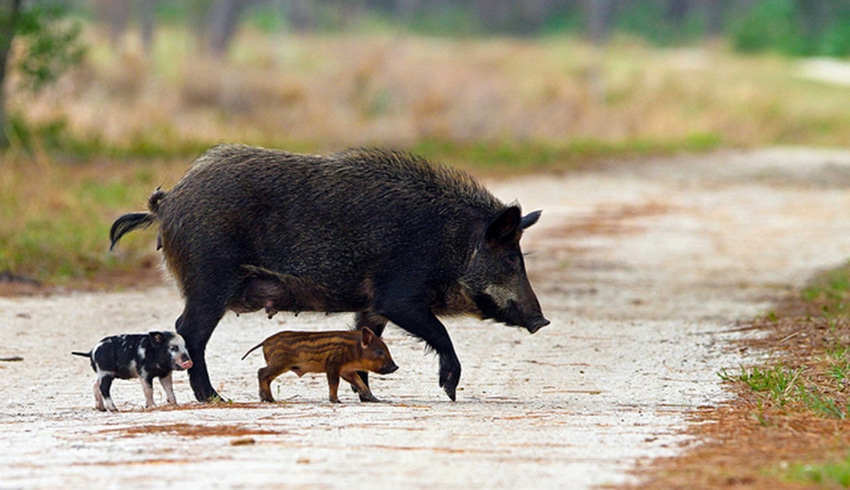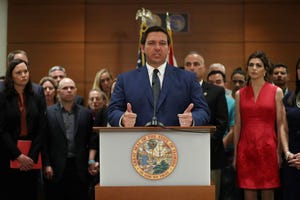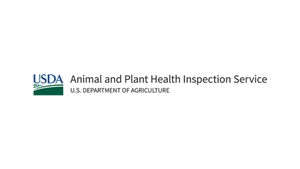USDA investing $11.65m to control feral swine
Fourteen pilot projects to help ag producers, private landowners trap and control feral swine.
January 15, 2021

The USDA is investing $11.65 million in 14 projects to help agricultural producers and private landowners trap and control feral swine as part of the Feral Swine Eradication and Control Pilot Program. This investment expands the pilot program to new projects in Alabama, Hawaii, Mississippi, Missouri, North Carolina, Oklahoma, South Carolina and Texas.
This pilot program is a joint effort between USDA’s Natural Resources Conservation Service (NRCS) and USDA’s Animal and Plant Health Inspection Service (APHIS). This second round of funding is for partners to carry out activities as part of the identified pilot projects in select states.
“These awards enable landowners to address the threat that feral swine pose to natural resources and agriculture,” NRCS Acting Chief Kevin Norton said. “The projects we have identified will be key to addressing the feral swine problem.”
Similar to the first round, NRCS will provide funding to partners who will provide financial assistance, education, outreach and trapping assistance to participating landowners in pilot project areas. All partner work will be closely coordinated with the APHIS operations in the pilot project areas. Between the first and second round of funding, there will be a total of 34 active projects across 12 states for the life of the 2018 Farm Bill. Each project is unique, and additional information about the expectations for individual projects can be found here.
These new pilot projects and areas were selected in coordination with NRCS state conservationists, APHIS state directors and state technical committees to address feral swine issues and damage in areas with high densities. Pilot projects consist broadly of three coordinated components: 1) feral swine removal by APHIS; 2) restoration efforts supported by NRCS; and 3) assistance to producers for feral swine control provided through partnership agreements with non-federal partners. Projects are planned to conclude at the end of September 2023.
You May Also Like



